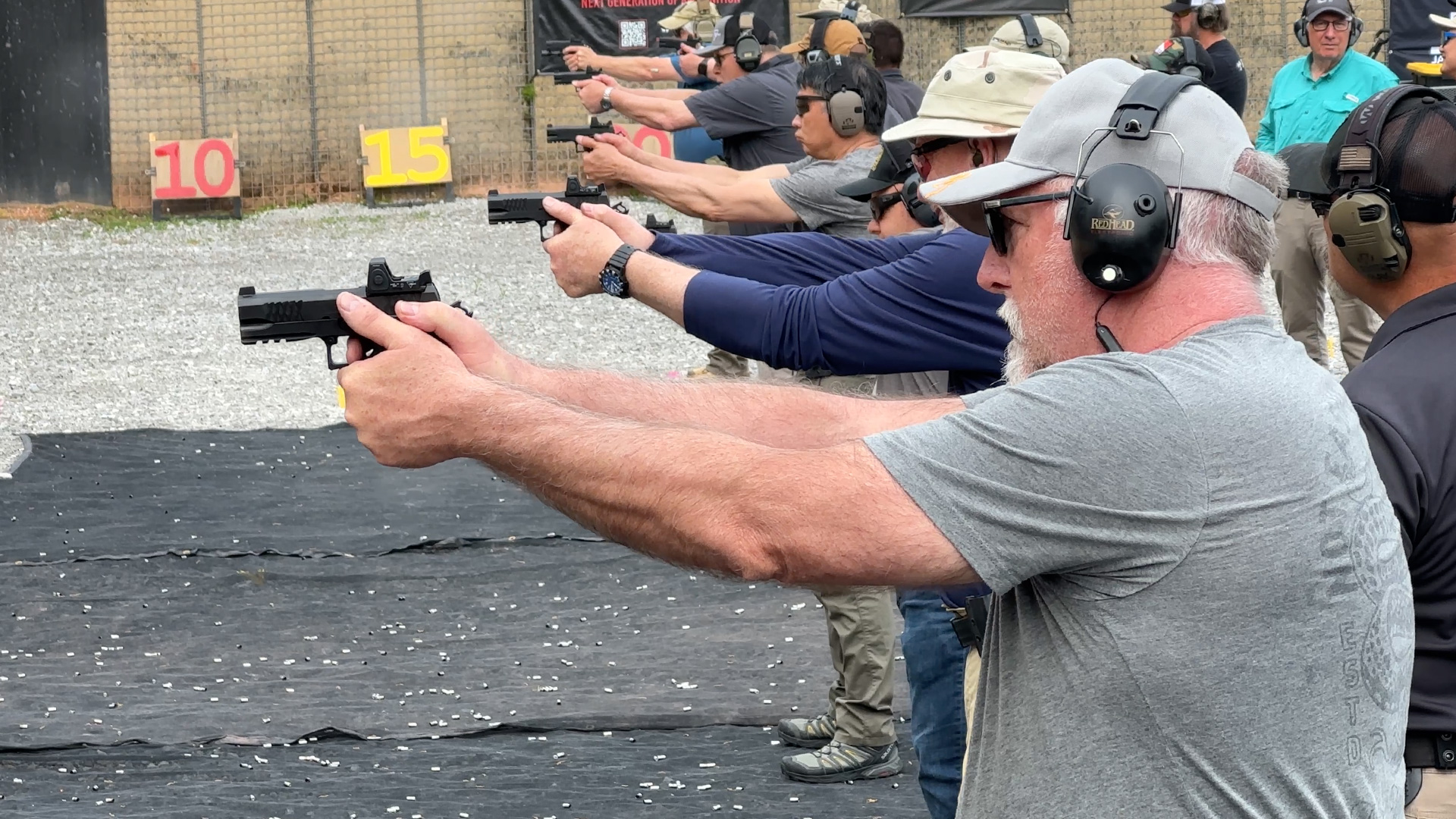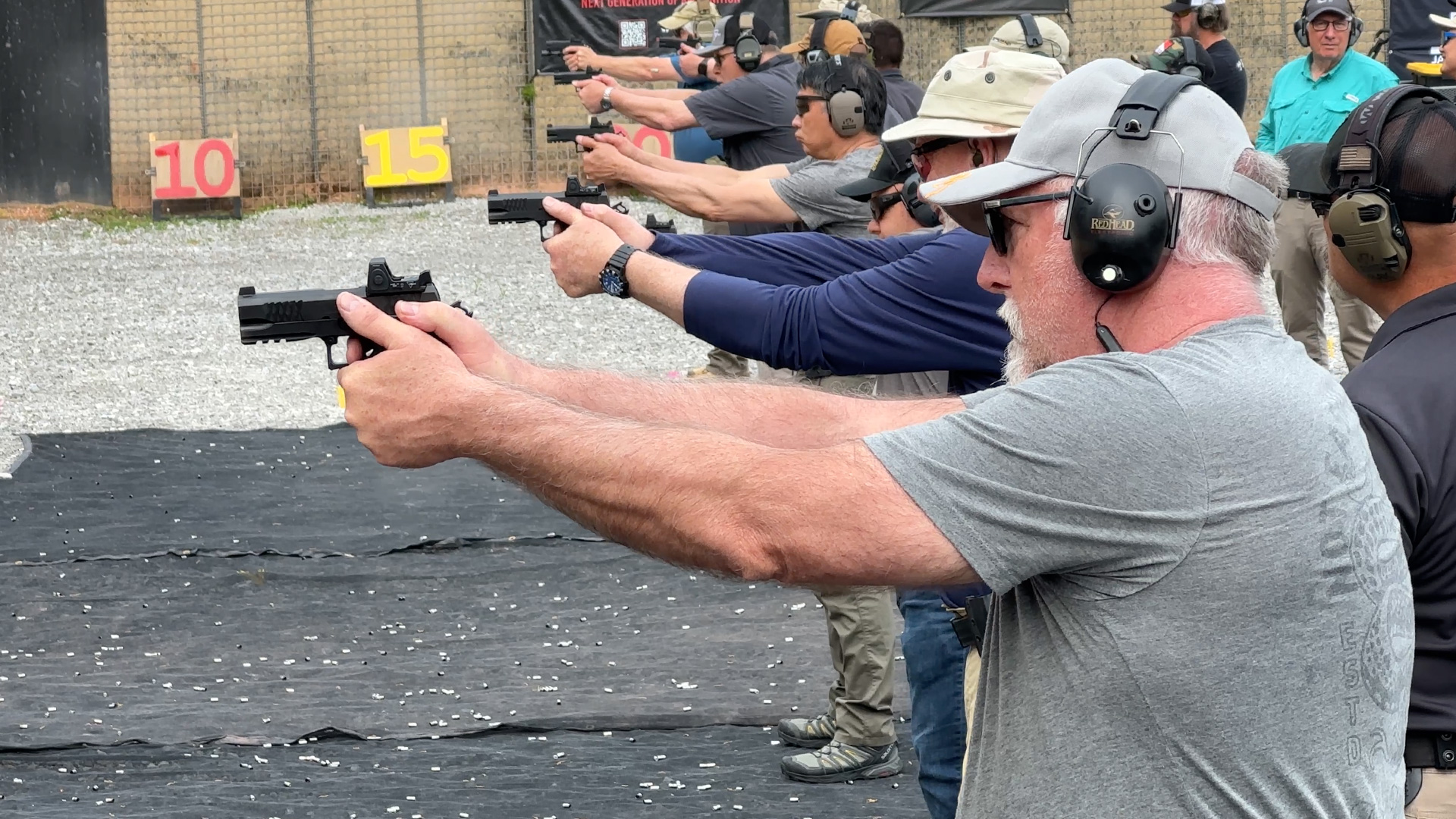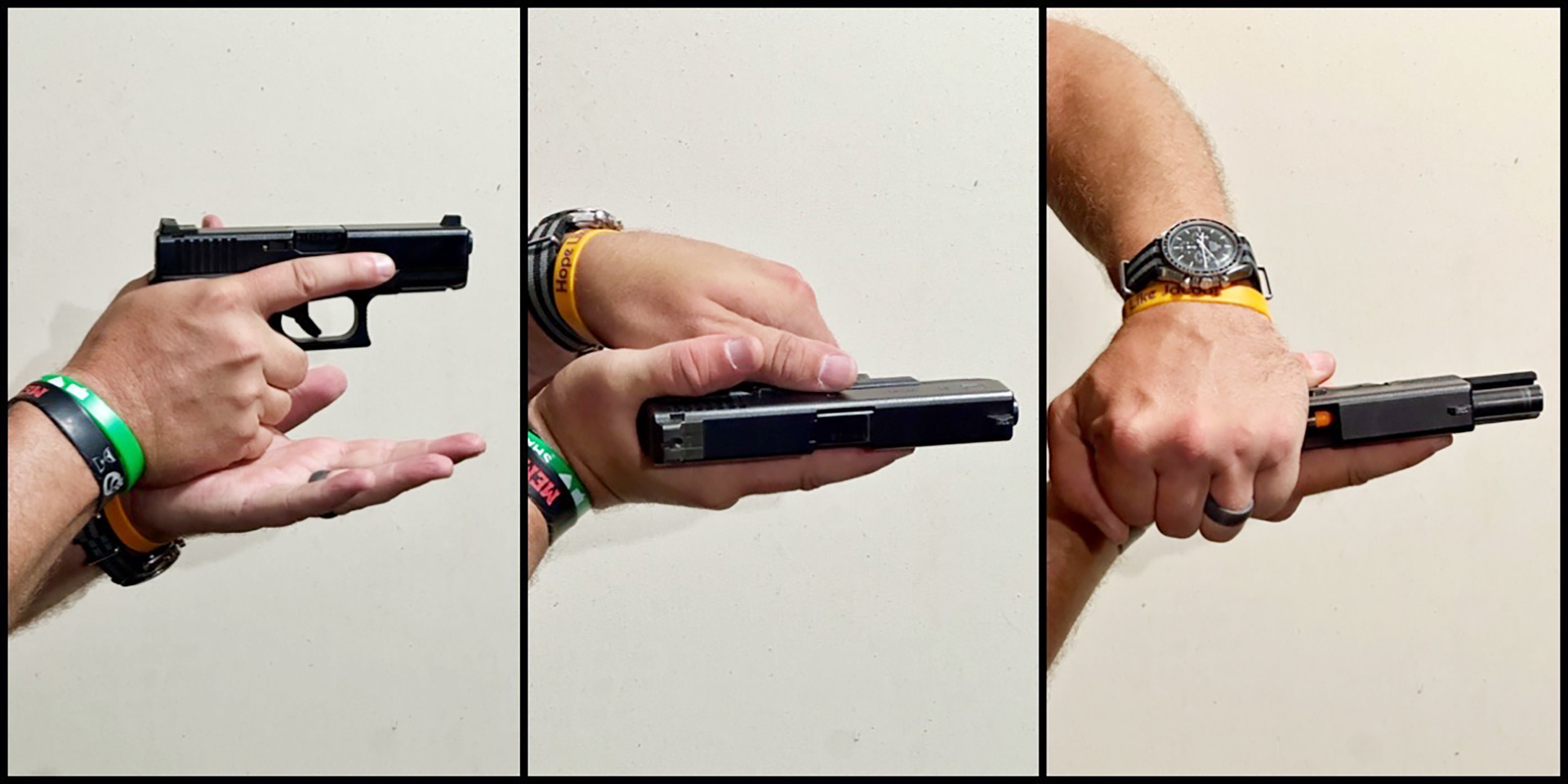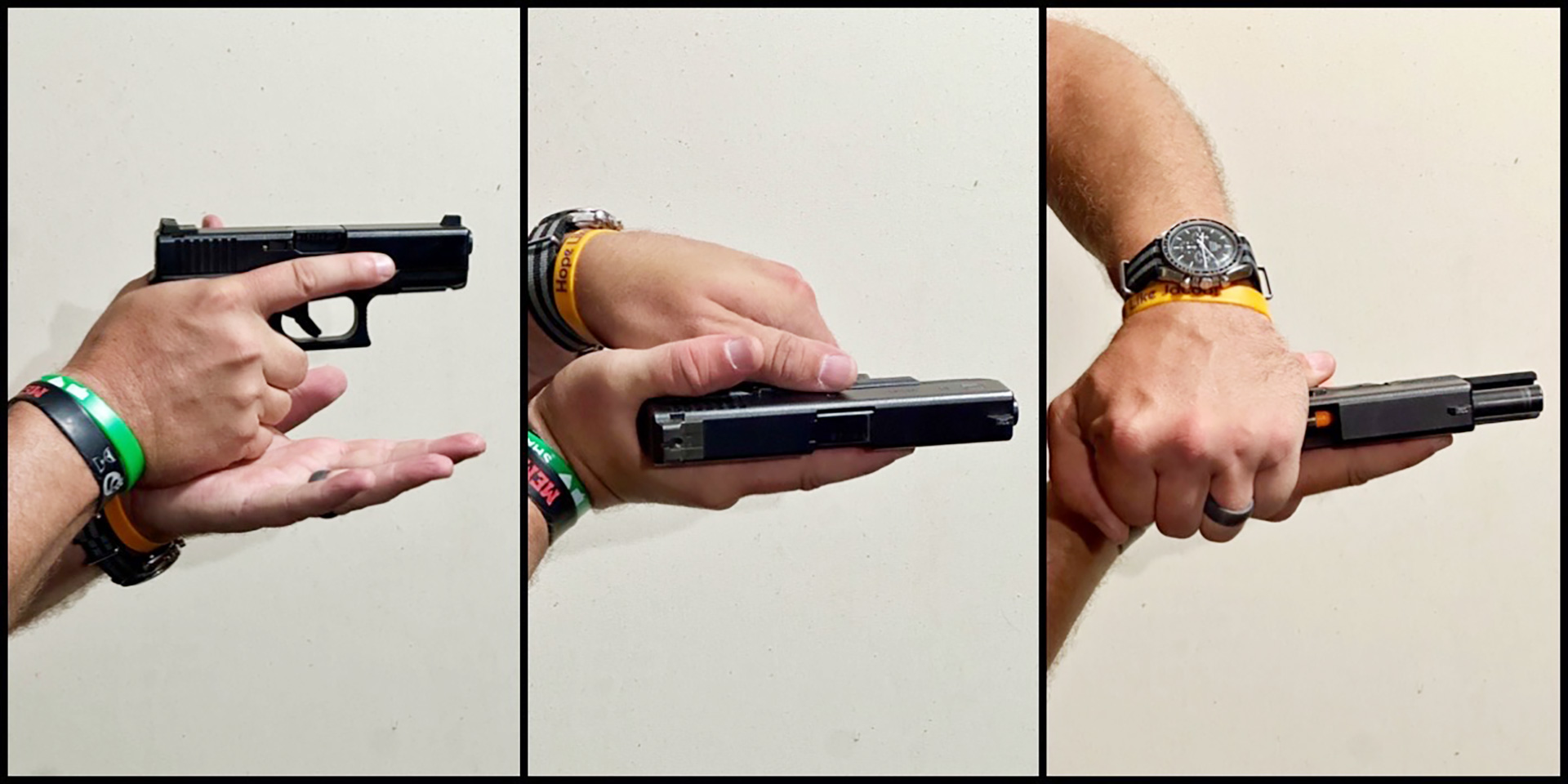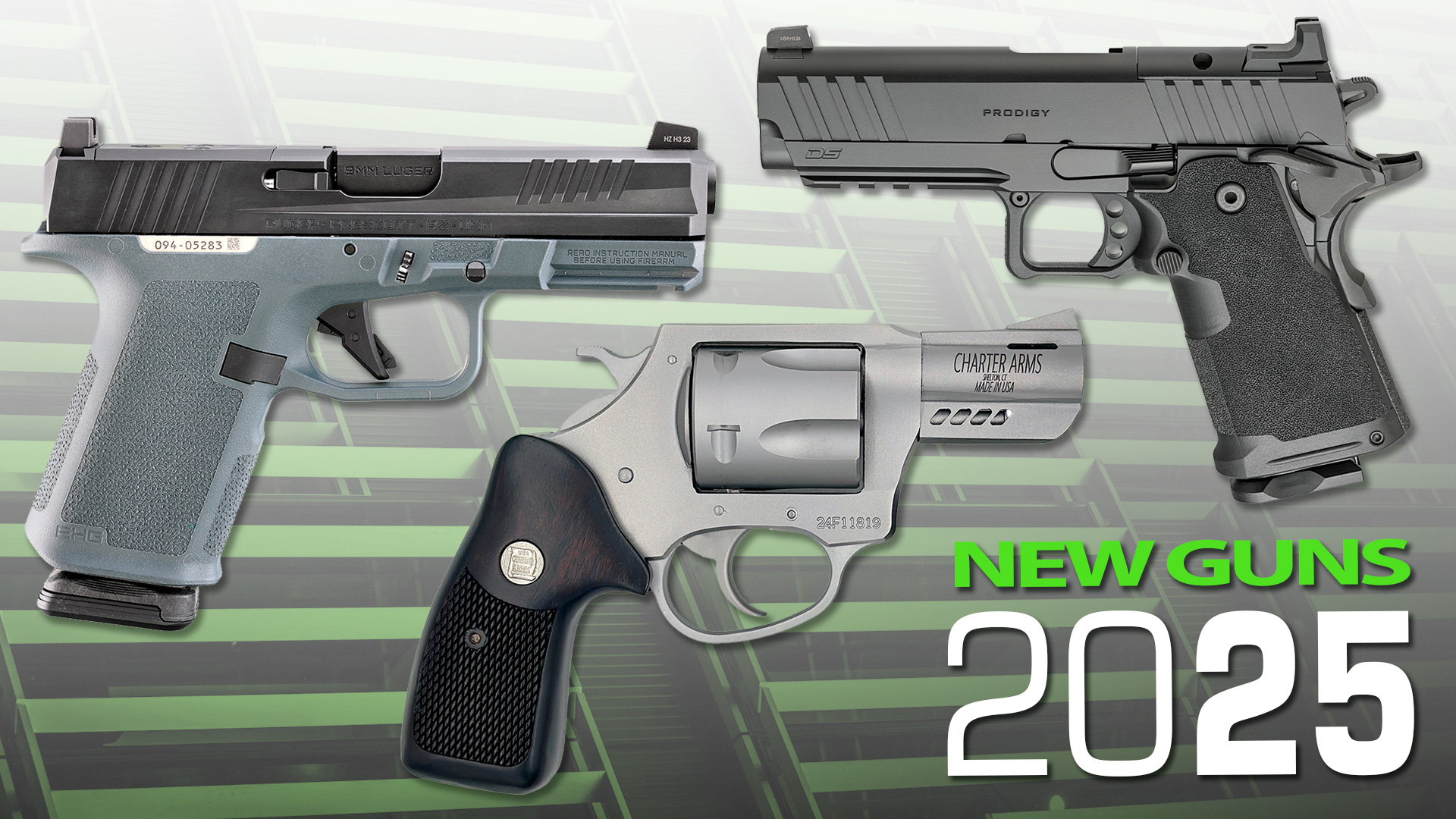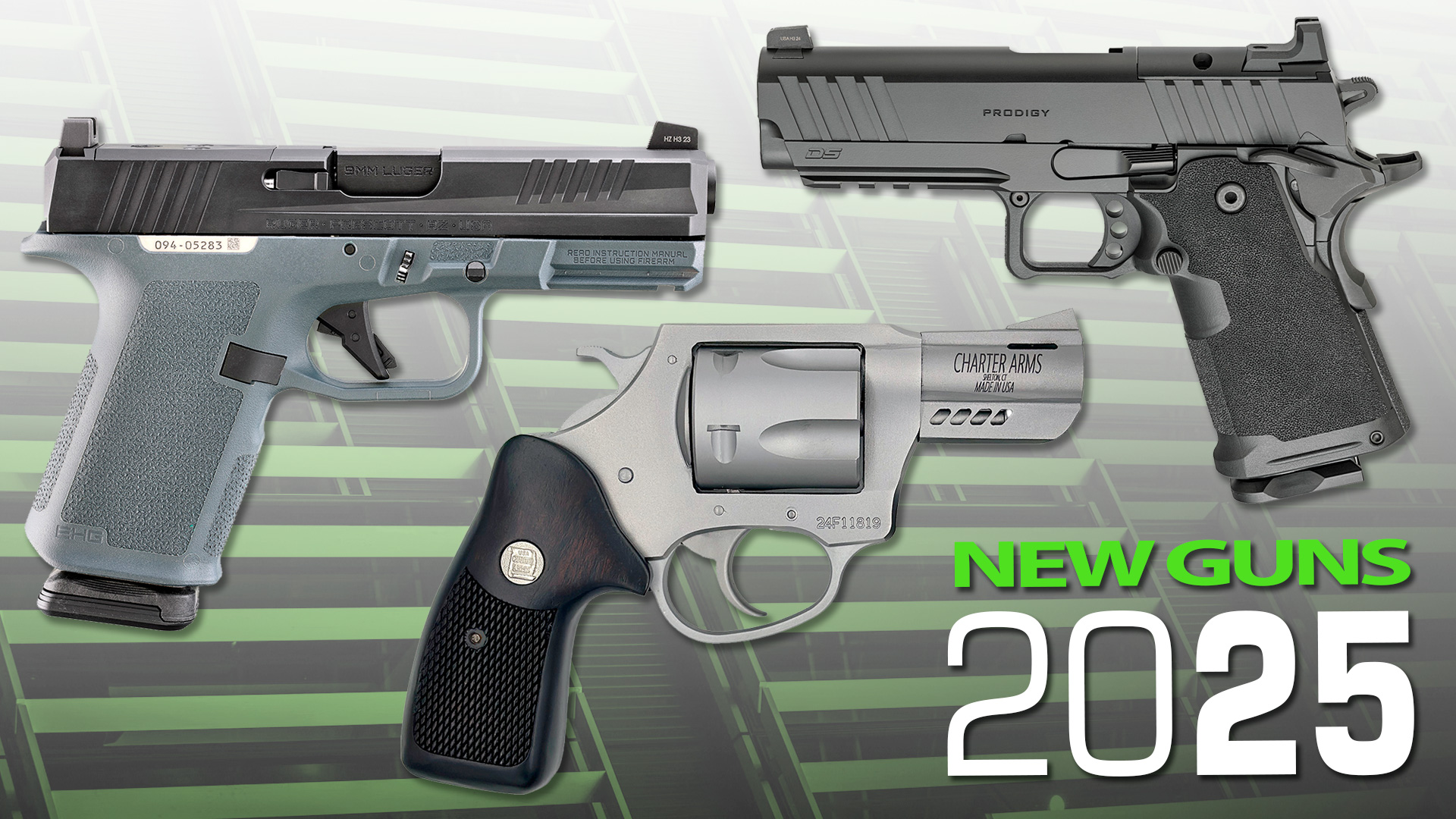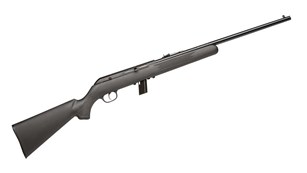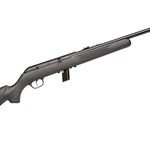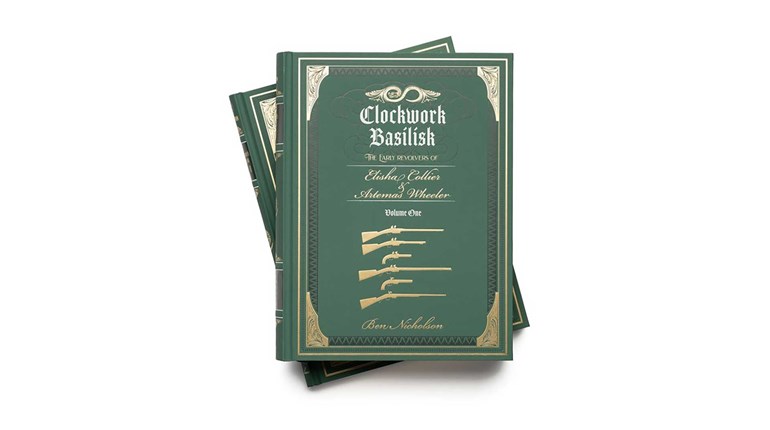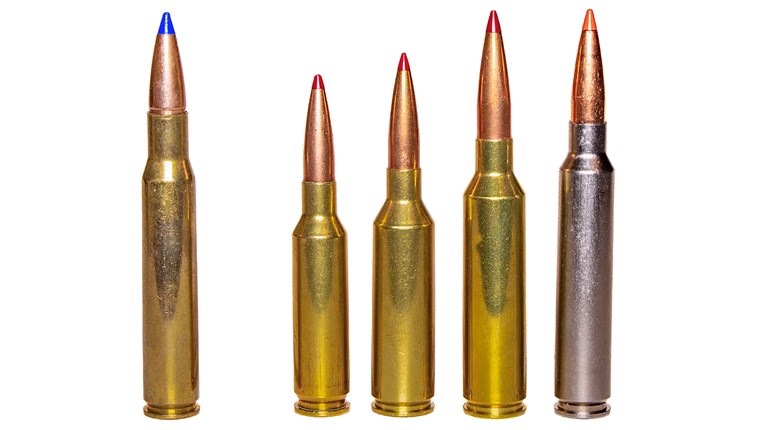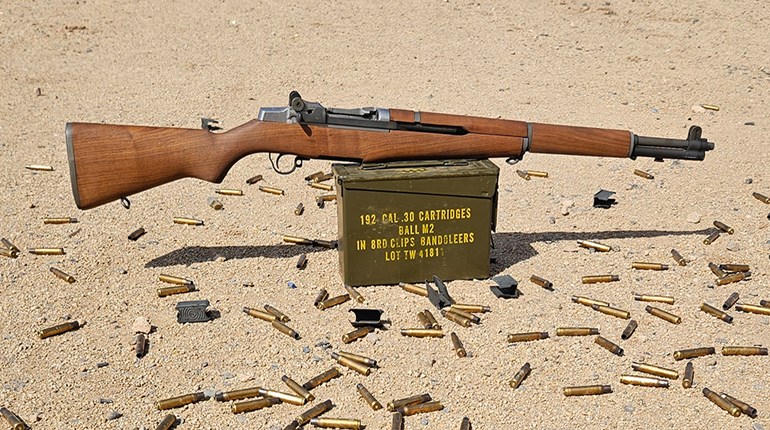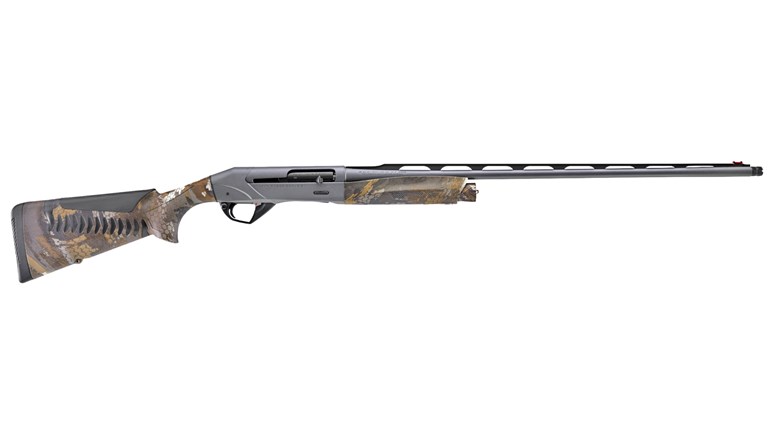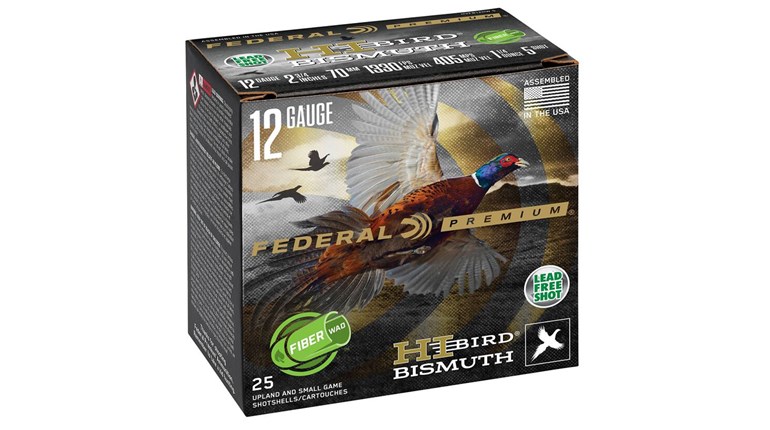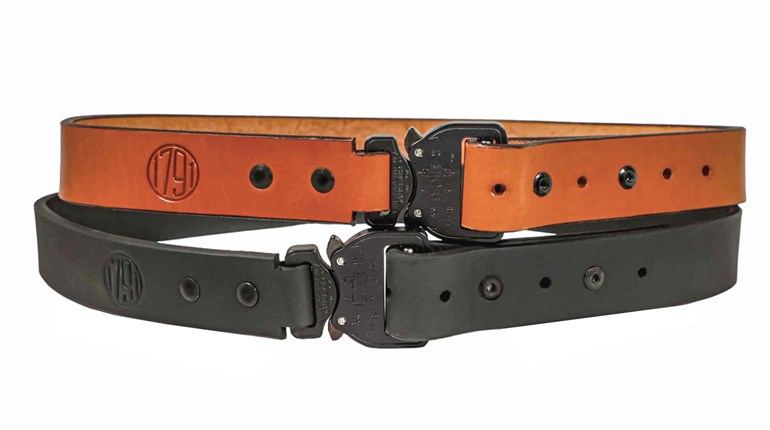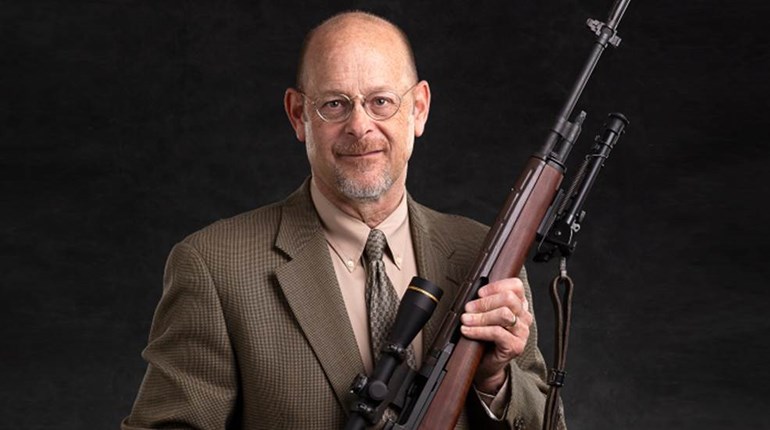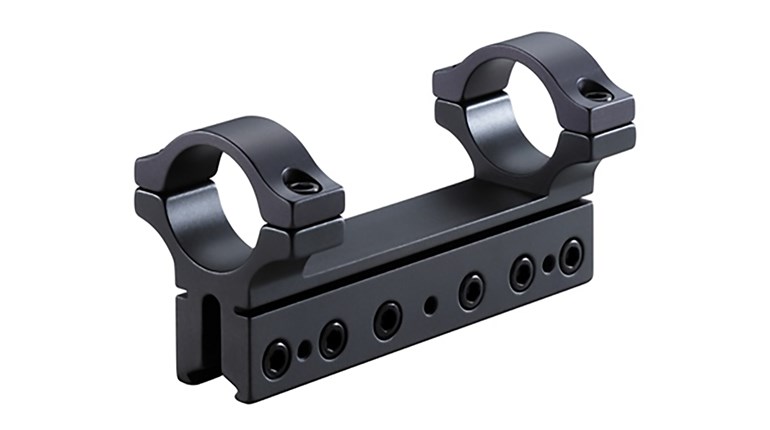
On Sept. 14, 1862, west of Frederick, MD, hundreds of Ohio soldiers under the command of BG Jacob Cox marched up to Fox’s Gap on South Mountain straight into the waiting rifles of Confederate BG Samuel Garland’s battle-hardened North Carolinians. The result was disastrous for the Yankees, as many of the Ohio boys were fresh to the service and were learning how to load and fire their new muskets for the first time while marching into battle.
This is just one of many similar instances where the lack of Union proficiency under arms would cost the lives of thousands of men. By the end of the Civil War, it is estimated that the kill ratio was 2:1 favoring the Confederates.
Union LTC William Conant Church, himself wounded earlier at the Battle of Williamsburg, and BG George Wood Wingate, along with four other veterans, incorporated the National Rifle Association of America in 1871 to increase rifle-marksmanship proficiency among military units to keep disasters similar to what happened on South Mountain from ever happening to American Soldiers again.
To accomplish this end, the NRA Annual Matches began at the Creedmoor range on Long Island in 1872 and by 1903, both Church and Wingate had lived to see the National Matches established at Sea Girt, NJ, as a result of Congressional authorization found in the legislation forming the National Board for the Promotion of Rifle Practice. This joining of the NRA Annual Matches and its official military component has been known as the National Matches ever since.
The National Matches prospered from their inception in 1903, as thousands of participants, both military and civilian, competed in service-rifle and pistol competitions on an annual basis. Prior to World War II, the Springfield Rifle, Model of 1903 was king of the range. Legendary shooters such as John Hession, Morris Fisher, E. C. Crossman, Carl Osburn, Townsend Whelen and Julian Hatcher all perfected the art of marksmanship with their ’03s and left National and Olympic records that stood for decades.

But, in 1940, at Camp Perry, OH, a new rifle made an appearance on the shooting range—the new U.S. Army service rifle adopted in 1936: the M1 Garand. This semi-automatic .30-’06 Sprg. was the brainchild of Canadian inventor John C. Garand, who began working on the design for the M1 as early as 1919. Perfected in 1934, it was adopted in 1936 as standard-issue and made its debut in the National Matches just three years later.
Most marksmen had serious doubts about the accuracy of a semi-automatic rifle in competition. Rules at the time prohibited any upgrades from standard-issue for competition arms, so it was thought that the Garand would be at a serious disadvantage on the fields of Camp Perry. World events would delay finding out if the new rifle could hold its own in competition.
Dec. 29, 1940, a year before the attack on Pearl Harbor, President Franklin D. Roosevelt gave perhaps his best-remembered Fireside Chat. During the 36-minute speech, Roosevelt warned of the evil nature of fascism and called for the country’s industrial might to begin to gear up to produce for the war effort. He said, “Never before since Jamestown and Plymouth Rock has our American civilization been in such danger as now.” He went on to say, “We must have more ships, more guns, more planes—more of everything … We must be the great arsenal of democracy.” To that end more than 2 million vehicles, 300,000 aircraft, 1,200 large ships, billions of rounds of ammunition and tens of millions of rifles, carbines, pistols and machine guns were produced.

The United States was the only country to provide a semi-automatic rifle as standard issue to its military forces from the onset of the war. In excess of five million M1 Garands were produced between 1936 and 1945. GEN George S. Patton said of the M1: “It is the finest battle implement ever devised,” and GA Eisenhower wrote to Garand stating; “The combat Soldier’s best friend is his rifle and thanks to your technical skill and diligence the American infantryman has had your invention, the Garand rifle, as a reliable and competent friend on
the battlefield.”
Forty-eight months of combat had done a lot to change public perception of how well the M1 could perform. Even though it had overcome the initial hesitancy of shooters, it wasn’t until the 1950s that the Springfield Armory began producing true National Match M1s for competition. Special NM (National Match) marked Garands had their barrels straightened to special tolerances, hooded sights, NM operating rods and glass bedding of the stocks, all of which combined to make a formidable tool in the hands of a marksman. From the 1950s until today, the M1 Garand is a rifle to be reckoned with in the field of competition.
This author had the privilege of being tutored by shooting legend Maj. E. J. Land, Jr. (USMC, ret.) prior to competition in the 2007 inaugural NRA Garand Match at Camp Perry. Using a standard service-grade M1 from my personal collection, I managed to hold my own in my first outing at Camp Perry, and wouldn’t have traded the experience—or the Garand—for anything.
